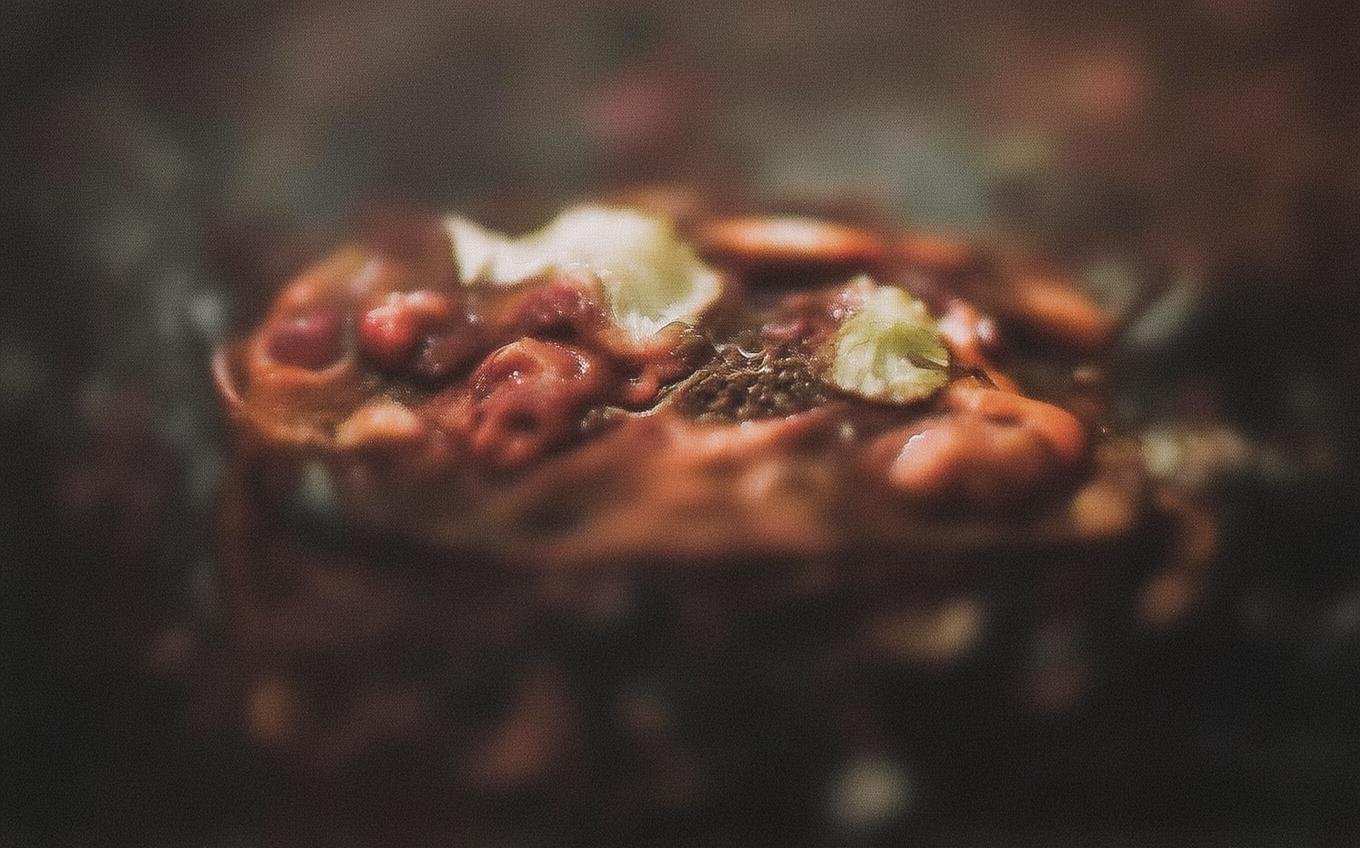Analysis of "江南春" - Classical Chinese Poetry
Introduction
The poem "江南春" (Jiāngnán Chūn), or "Spring in Jiangnan", is a celebrated work by the Tang Dynasty poet Du Mu (杜牧, 803–852). Known for his lyrical and evocative style, Du Mu captures the essence of Jiangnan (the region south of the Yangtze River) in springtime with vivid imagery and emotional depth. This poem is a masterpiece of classical Chinese poetry, admired for its simplicity, elegance, and profound sense of nostalgia.
The Poem: Full Text and Translation
千里莺啼绿映红
Qiān lǐ yīng tí lǜ yìng hóng
For miles around, orioles sing amid green leaves and red blossoms,水村山郭酒旗风
Shuǐ cūn shān guō jiǔ qí fēng
Lakeside villages, mountain towns—wine shop banners flutter in the breeze.南朝四百八十寺
Nán cháo sì bǎi bā shí sì
The Southern Dynasties' four hundred eighty temples,多少楼台烟雨中
Duō shǎo lóu tái yān yǔ zhōng
How many towers and pavilions stand veiled in mist and rain?
Line-by-Line Analysis
-
"千里莺啼绿映红"
The opening line paints a vast, vibrant landscape of spring in Jiangnan. The orioles' songs symbolize vitality, while green leaves and red blossoms create a striking contrast, embodying the lush beauty of the season. -
"水村山郭酒旗风"
This line shifts focus to human settlements—lakeside villages and mountain towns. The wine banners suggest a lively, prosperous region, where nature and human life harmonize. -
"南朝四百八十寺"
Here, Du Mu introduces historical depth, referencing the Southern Dynasties (420–589), a period of Buddhist flourishing. The 480 temples symbolize cultural and spiritual heritage. -
"多少楼台烟雨中"
The final line evokes mystery and melancholy. The mist and rain obscure the temples, hinting at the passage of time and the transience of human achievements.
Themes and Symbolism
- Nature’s Beauty and Transience: The poem contrasts the eternal renewal of spring with the fleeting nature of human endeavors (e.g., the temples fading into mist).
- Historical Reflection: The mention of the Southern Dynasties invites contemplation on China’s rich but impermanent history.
- Harmony and Melancholy: While the first two lines celebrate life and vibrancy, the latter lines introduce a wistful tone, blending joy with nostalgia.
Cultural Context
During the Tang Dynasty, Jiangnan was renowned for its scenic beauty and cultural refinement. Du Mu, a melancholic and observant poet, often infused his works with reflections on history and human existence. "江南春" exemplifies the Tang poets' skill in capturing both the external world and inner emotions.
The Southern Dynasties reference also reflects Buddhism’s profound influence on Chinese culture. The temples, once grand, now stand shrouded in mist—a metaphor for the impermanence of glory.
Conclusion
"江南春" is a timeless ode to the beauty of Jiangnan and a meditation on history’s ephemeral nature. Du Mu’s delicate balance of joy and sorrow, imagery and introspection, makes this poem resonate across centuries. For modern readers, it serves as a reminder to cherish fleeting moments of beauty while reflecting on the cycles of time.
Whether you’re drawn to its lyrical charm or its philosophical depth, "江南春" remains a jewel of classical Chinese poetry—a fleeting yet eternal spring.




Comments (0)
No comments yet. Be the first to comment!